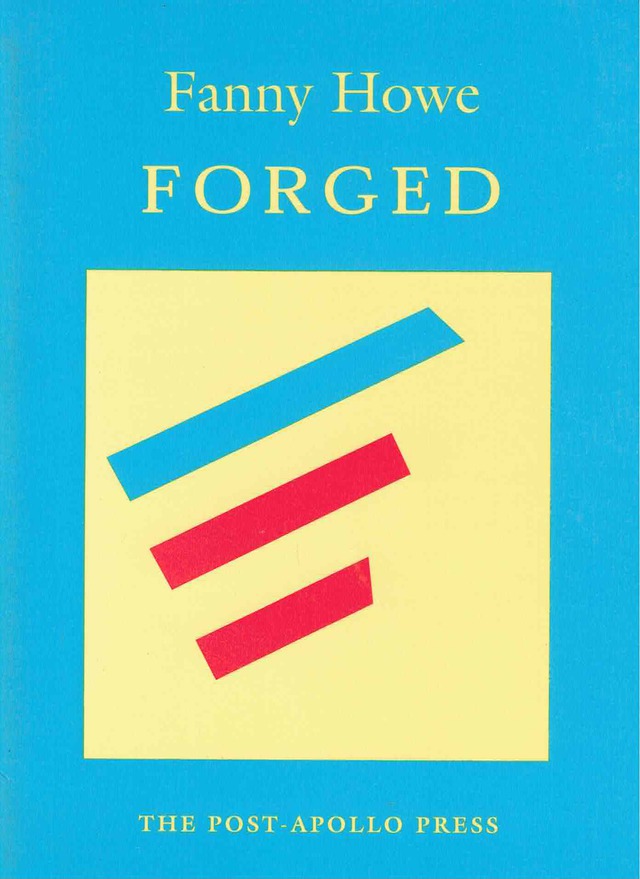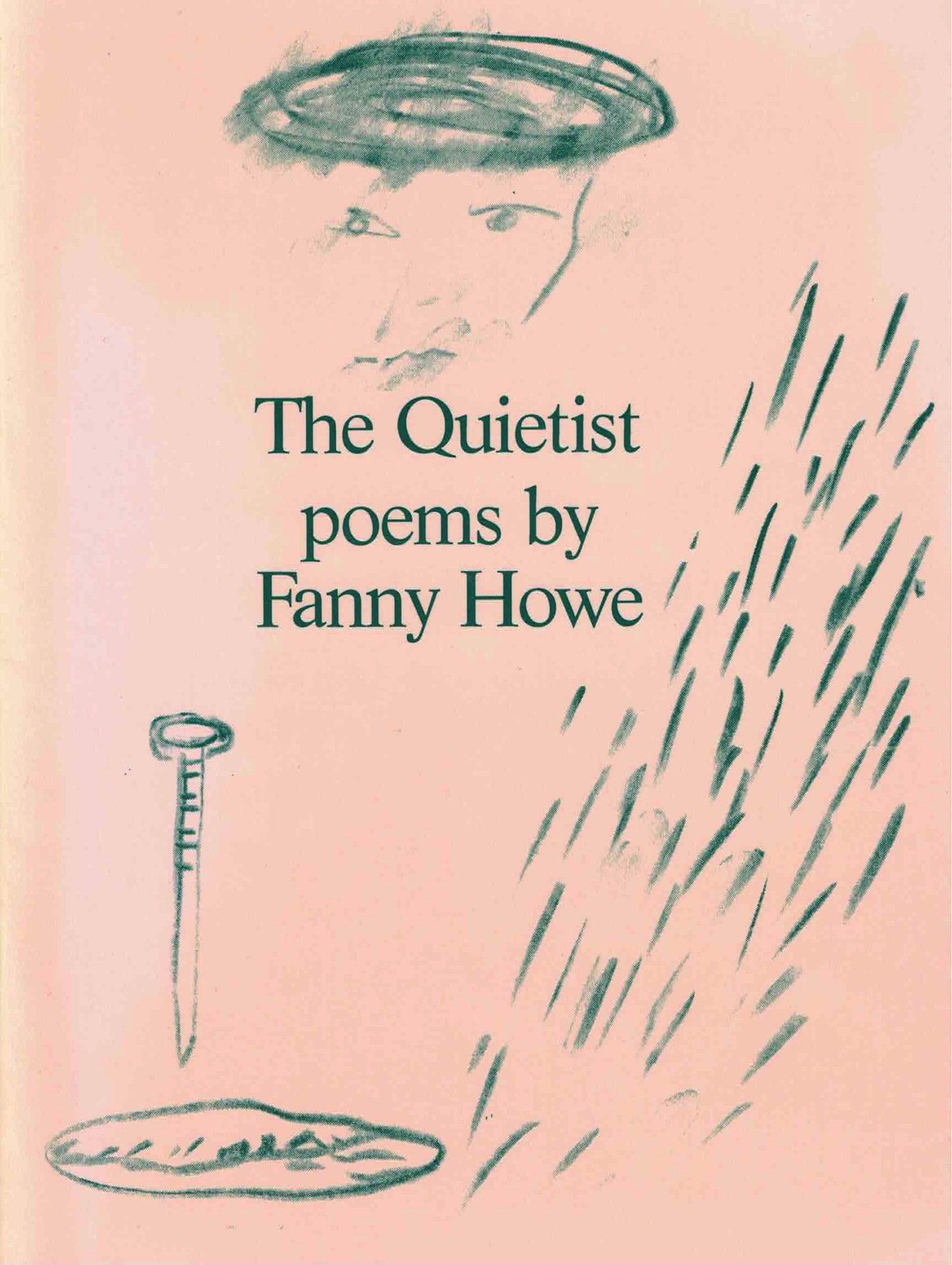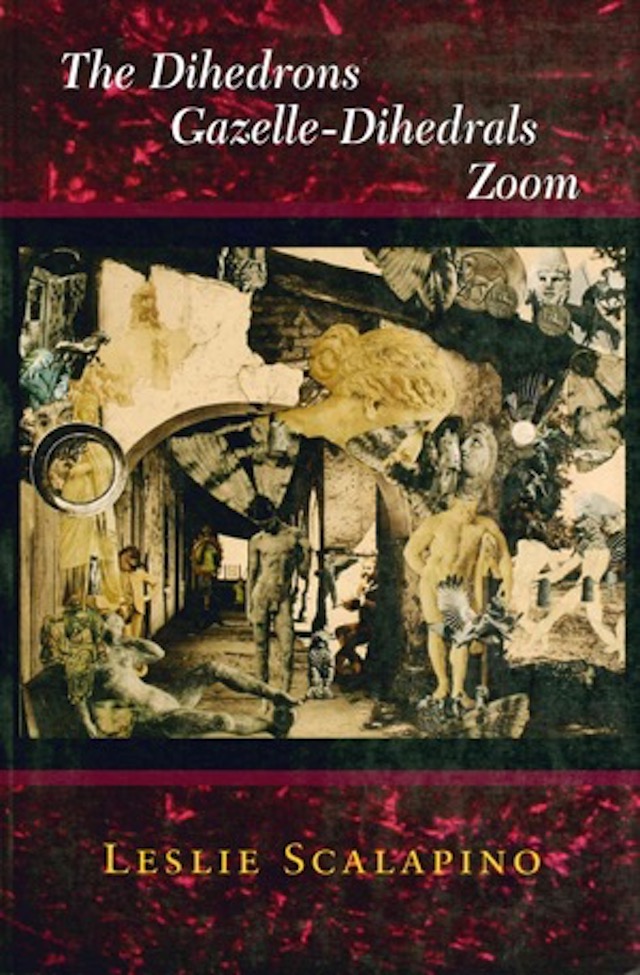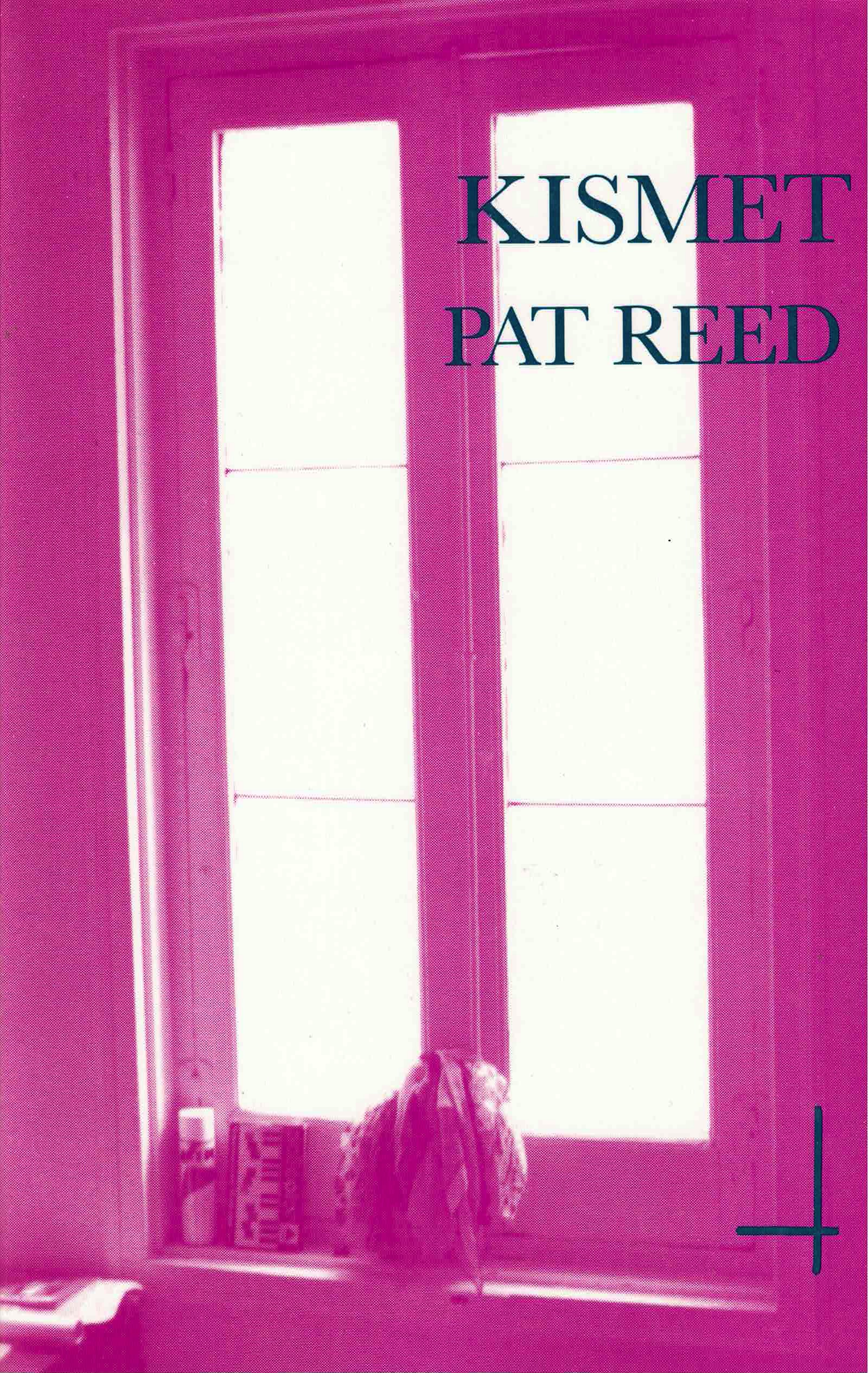From the Contemporary Poetry Series #1
Did I believe or was it hope / like a fir tree in a child’s nursery / candlelights on thistleballs / at a village called Manningtree.
Fanny Howe
Praise for Forged
In Forged daily experience is the density in which these poems take shape, in the heated atmosphere of the forge where peril is frequent. As elsewhere in her prose, she [Howe] creates her in poetry, a layered atmosphere of mystery and spiritual solution.
— Barbara Guest
Fanny Howe’s Forged is a series of causal double in which a language-shape is vital, a “signature”—by “forged” being simultaneously “fake” and to be “formed.” “Personality likewise imitates / fakery like this.” The “conditions” are multiple instances of everything being blind (“Just seven percent of our being visible”). Howe turns this so that blindness—as the poems—is a “shape of seeing”—”on dry banks a sky blue insect / lounged its being blind.”
— Leslie Scalapino
It is at least in part Howe’s agenda… in Forged to create the illusion of an authorless text that seems to generate itself… Howe writes against a kind of ‘traditional’ and puritanical poetry made with the canonized assumption that the poet is seer and the reader is blind… At a certain point Howe’s language begins to take on a life of its own, forcing the reader into an active role of writer, constructing narrative events, grasping for fragments, knotting stray strands…
— Scott Bentley, Jacket2





Howe fuses the tactics and stratagems of what might be called “traditional” Language poetry with a radical, unembarrassed confidence in her lyric self—even as she lets her poems tailspin out of her hands—and this fusion perplexes a critical industry that insists on honoring the presumed incompatibility of these modes.
— Geoffrey Treacle, Chicago Review